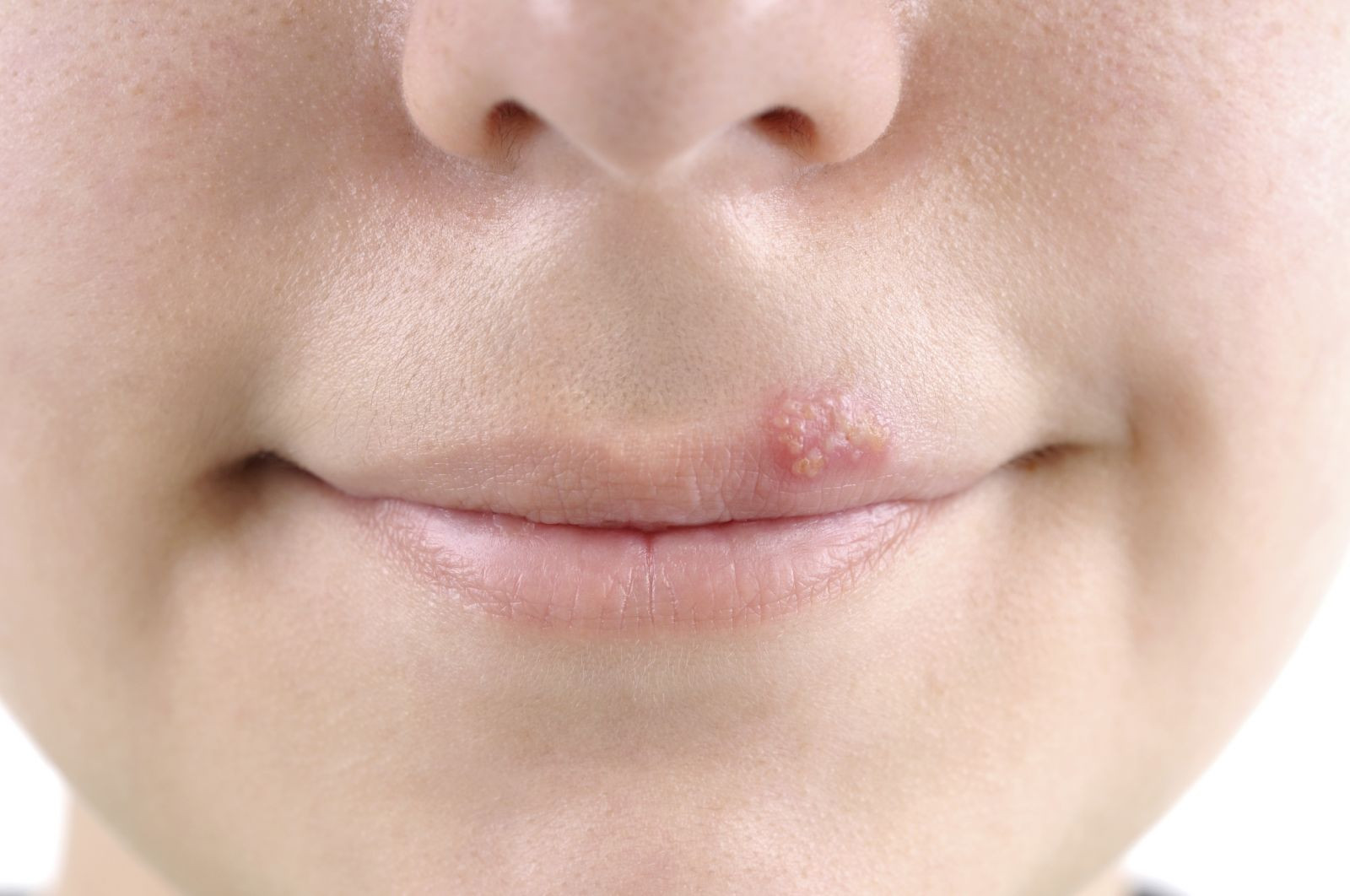In the delicate dance of life, our sense of balance is a precious gift often taken for granted—until it’s disrupted. Vertigo, characterized by a disorienting sensation of spinning or swaying, can be an unwelcome visitor, shaking the very foundation of our stability. While medical intervention is crucial in severe cases, the realm of natural remedies offers a complementary path, guiding us toward steadier ground.
Continue reading to learn more
What is Vertigo
Vertigo is a specific type of dizziness characterized by a false sensation of spinning or movement, often described as feeling like the person or their surroundings are rotating or spinning when they are not.
It is a symptom rather than a condition itself and can be caused by various underlying factors.
What Causes Vertigo
Vertigo can be caused by various underlying conditions, primarily related to the inner ear or the vestibular system, which is responsible for balance and spatial orientation. Some common causes of vertigo include:
- Benign Paroxysmal Positional Vertigo (BPPV): This is the most common cause of vertigo and occurs when tiny calcium crystals in the inner ear become dislodged and move into the semicircular canals. Changes in head position trigger sudden, intense vertigo that lasts for a short duration.
- Vestibular Neuritis: This is an inner ear disorder usually caused by a viral infection that leads to inflammation of the vestibular nerve. It can cause intense vertigo that may be accompanied by hearing loss or ringing in the ears (tinnitus).
- Meniere’s Disease: Meniere’s disease is a disorder of the inner ear that can affect hearing and balance. It is characterized by vertigo episodes, hearing loss, tinnitus, and a feeling of fullness or congestion in the affected ear. The exact cause of Meniere’s disease is not known.
- Labyrinthitis: Labyrinthitis is an inflammation of the inner ear, usually due to a viral or bacterial infection. It can cause vertigo, hearing loss, and ringing in the ears.
- Migraines: Some individuals experience vertigo as a symptom of a migraine. This type of vertigo is often accompanied by severe headaches, light sensitivity, and nausea.
- Head Injuries: Trauma to the head, such as a concussion, can damage the inner ear or the vestibular nerve, leading to vertigo.
- Acoustic Neuroma: This is a benign tumor that develops on the vestibular nerve, which connects the inner ear to the brain. The pressure from the tumor can cause vertigo, hearing loss, and imbalance.
- Certain Medications: Some medications, especially those used to treat high blood pressure or neurological disorders, can cause vertigo as a side effect.
- Ear Disorders: Other ear disorders, such as cholesteatoma (a skin growth in the middle ear) or ear infections, can disrupt the balance mechanisms in the inner ear and lead to vertigo.
- Central Nervous System Disorders: In some cases, vertigo can be a symptom of a neurological disorder, such as multiple sclerosis or a stroke, affecting the brain or the brainstem.
Natural Way to Treat Vertigo
Natural treatments for vertigo can help alleviate symptoms and improve balance, especially when the condition is related to inner ear issues. Here are some natural ways to manage vertigo:
- Epley Maneuver: The Epley maneuver is a series of head movements that can help move the dislodged crystals causing benign paroxysmal positional vertigo (BPPV) back into the correct position within the inner ear. A healthcare professional or physical therapist can guide you through this maneuver.
- Brandt-Daroff Exercises: These exercises are often recommended for BPPV. They involve a set of specific head and body movements that can help reposition the crystals in the inner ear. Your healthcare provider or physical therapist can instruct you on how to perform these exercises.
- Balance Exercises: Engaging in balance exercises can help improve stability and reduce the risk of falls during vertigo episodes. Simple exercises like standing on one leg or walking in a straight line can be helpful. Tai Chi and yoga, which focus on balance and coordination, can also be beneficial.
- Ginkgo Biloba: Ginkgo biloba is an herbal supplement that may improve blood circulation, including to the inner ear. Some studies suggest that it could help alleviate symptoms of vertigo, although results are mixed. Consult a healthcare professional before taking any supplements.
- Vitamin D: Adequate levels of vitamin D are essential for maintaining overall health, including inner ear function. Some research suggests that vitamin D supplementation may be helpful for individuals with vertigo, especially if they have a deficiency. Again, consult a healthcare provider before taking any supplements.
- Dietary Modifications: Certain dietary changes can help manage vertigo. For example, reducing salt intake may be beneficial for individuals with Meniere’s disease, as excessive salt can contribute to fluid retention in the inner ear. Maintaining stable blood sugar levels by eating regular, balanced meals can also help prevent dizziness.
- Hydration: Dehydration can exacerbate dizziness and imbalance. Make sure to stay well-hydrated, especially in hot weather or after exercise.
- Stress Management: Stress and anxiety can worsen vertigo symptoms. Relaxation techniques such as deep breathing, meditation, and yoga can help manage stress levels and improve overall well-being.
- Adequate Sleep: Getting enough sleep is crucial for overall health, including the proper functioning of the vestibular system, which is responsible for balance. Aim for 7-9 hours of quality sleep each night.
- Avoid Triggers: Identify and avoid specific triggers that worsen your vertigo, such as certain head positions or rapid movements. Minimizing exposure to these triggers can help reduce the frequency and intensity of vertigo episodes.






